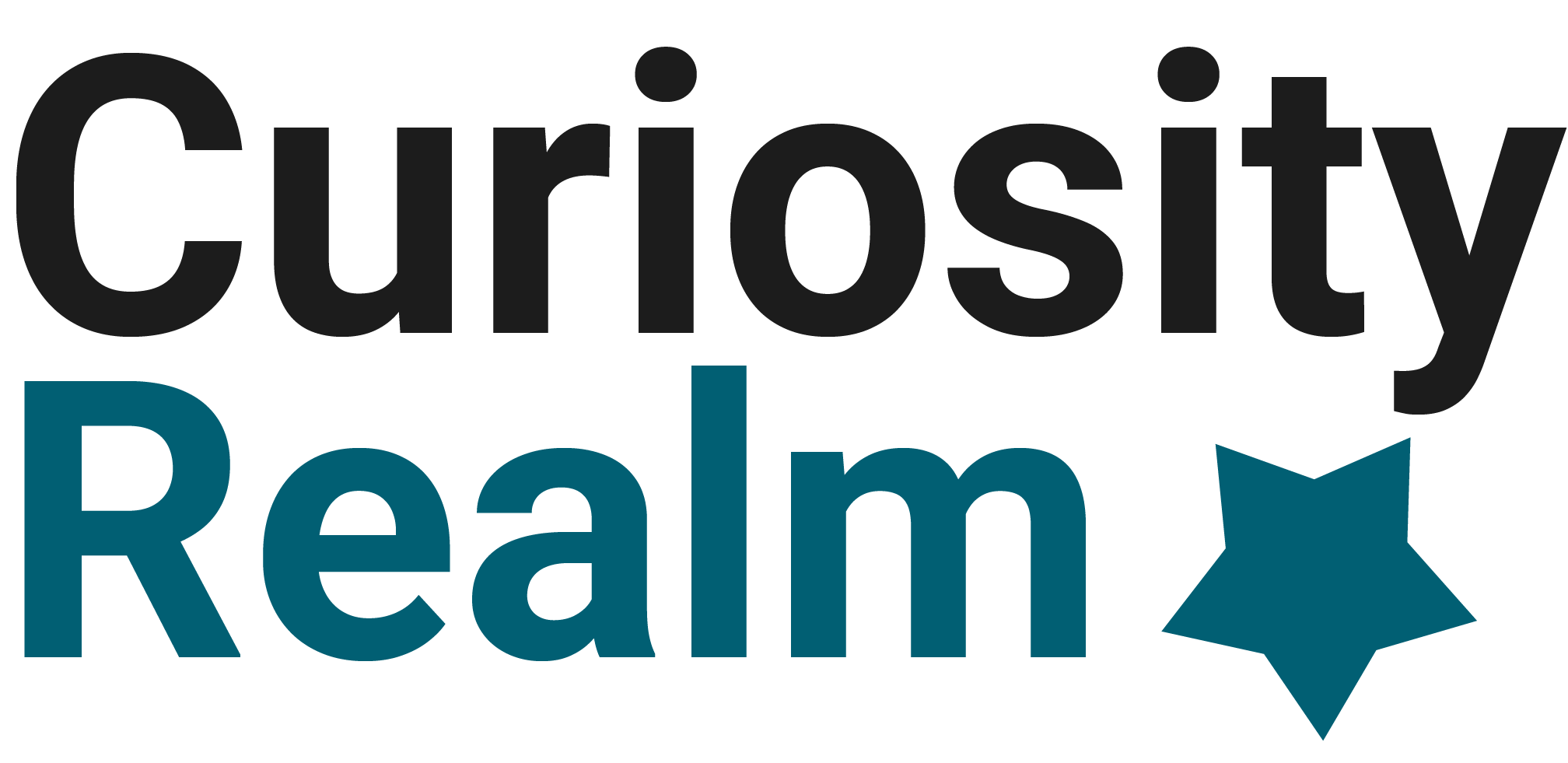Understanding Pest Control
Pest control is an essential practice in maintaining a healthy and comfortable living environment. It involves the management and regulation of species defined as pests, which can be detrimental to human health, ecology, and the economy. Pests can range from insects like ants and cockroaches to rodents like mice and rats. Each type of pest requires a different approach for effective control, making it crucial to understand their behavior, lifecycle, and habitat.
Effective pest control is not just about eliminating visible pests but also about preventing future infestations. This involves a combination of strategies such as sanitation, habitat modification, and the use of pesticides. Sanitation involves keeping the environment clean and free of food particles that attract pests. Habitat modification includes sealing entry points like cracks and crevices, while pesticides are used as a last resort to eliminate existing pests.
Moreover, pest control is not a one-time solution. Regular monitoring and maintenance are necessary to ensure that the environment remains pest-free. This involves routine inspections to detect early signs of infestations and taking preventive measures accordingly. By understanding the importance and methods of pest control, individuals can protect their homes and businesses from the adverse effects of pests.
The Role of Exterminators
Exterminators play a vital role in pest control by providing professional services to eliminate and prevent pest infestations. These experts are trained to identify different types of pests and determine the most effective methods to control them. They use a combination of techniques, including chemical, biological, and mechanical methods, to manage pest populations.
One of the key advantages of hiring an exterminator is their expertise in identifying the root cause of infestations. They conduct thorough inspections to locate entry points and breeding sites, ensuring that the problem is addressed at its source. This comprehensive approach not only eliminates current infestations but also reduces the likelihood of future occurrences.
Exterminators also have access to advanced tools and products that are not available to the general public. These include specialized pesticides and equipment that are more effective and safer for the environment. Additionally, professional exterminators are knowledgeable about the regulations and safety protocols associated with pesticide use, ensuring that the treatment is conducted safely and legally.
Overall, exterminators provide a valuable service by offering tailored solutions to pest problems, ensuring that homes and businesses remain pest-free.
Choosing the Right Pest Control Service
Selecting the right pest control service is crucial for effectively managing pest issues. With numerous options available, it can be challenging to determine which service best suits your needs. Here are some factors to consider when choosing a pest control service:
- Experience and Expertise: Look for a service with a proven track record and experienced professionals who are knowledgeable about various pest control methods.
- Licensing and Certification: Ensure that the service is licensed and certified by relevant authorities, indicating their compliance with industry standards and regulations.
- Methods and Products: Inquire about the methods and products used by the service. Opt for those that prioritize safety and environmental sustainability.
- Customer Reviews: Check online reviews and testimonials to gauge customer satisfaction and the service’s reputation.
- Guarantees and Follow-up: Choose a service that offers guarantees on their work and provides follow-up visits to ensure the effectiveness of the treatment.
By considering these factors, individuals can make informed decisions and choose a pest control service that effectively addresses their specific needs.
Preventive Measures for Pest Control
Prevention is a key component of effective pest control. By implementing preventive measures, individuals can reduce the risk of infestations and maintain a pest-free environment. Here are some strategies to consider:
- Maintain Cleanliness: Regular cleaning and sanitation can significantly reduce the likelihood of pest infestations. This includes proper waste disposal, cleaning up food spills, and storing food in sealed containers.
- Seal Entry Points: Inspect your home or business for cracks, gaps, and other potential entry points for pests. Seal these areas with caulk or other appropriate materials to prevent pests from entering.
- Eliminate Standing Water: Pests like mosquitoes breed in standing water. Regularly check for and eliminate sources of standing water, such as clogged gutters and leaky pipes.
- Proper Landscaping: Trim overgrown vegetation and remove debris around the property to minimize hiding spots for pests.
- Regular Inspections: Conduct routine inspections to identify early signs of pest activity and address them promptly.
By incorporating these preventive measures, individuals can proactively manage pest risks and maintain a healthy living environment.
The Future of Pest Control
The field of pest control is continuously evolving, with advancements in technology and research shaping its future. One of the emerging trends is the increased focus on environmentally friendly and sustainable pest control methods. This includes the use of biological control agents, such as natural predators and parasites, to manage pest populations without relying on chemical pesticides.
Another trend is the integration of technology in pest control practices. This includes the use of smart devices and sensors to monitor pest activity and gather data for more targeted and efficient control strategies. For example, smart traps can provide real-time data on pest captures, allowing for timely interventions.
Furthermore, there is a growing emphasis on integrated pest management (IPM) approaches, which combine multiple control strategies to achieve long-term pest management. IPM focuses on understanding the ecology of pests and using a combination of biological, cultural, physical, and chemical controls to minimize their impact.
As the industry continues to innovate, the future of pest control promises more effective, sustainable, and environmentally conscious solutions to manage pest challenges.





